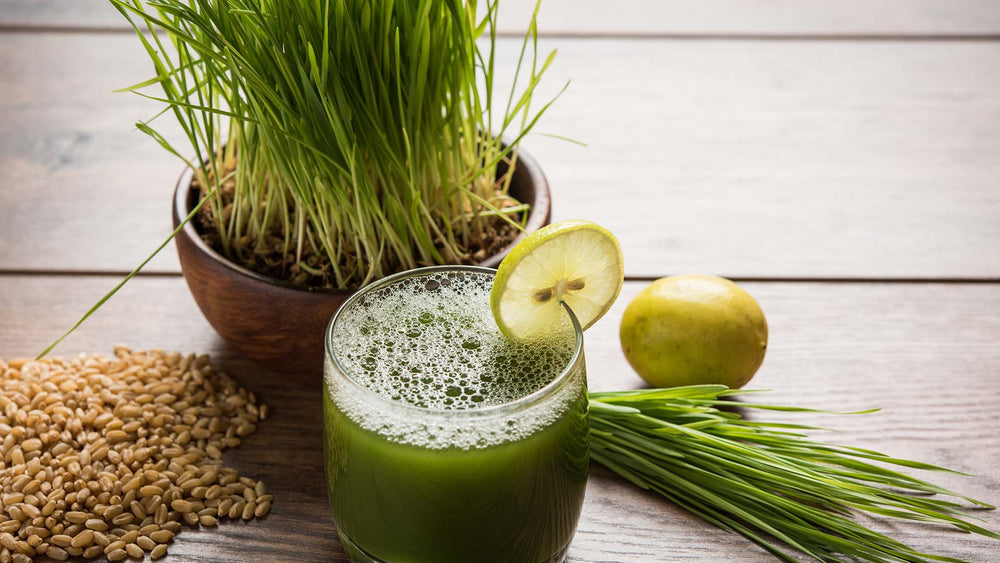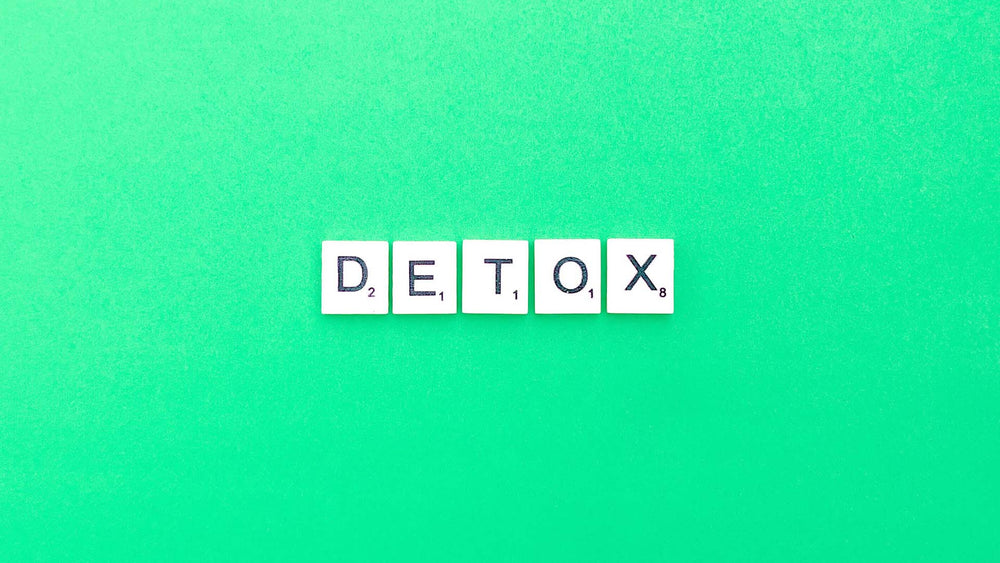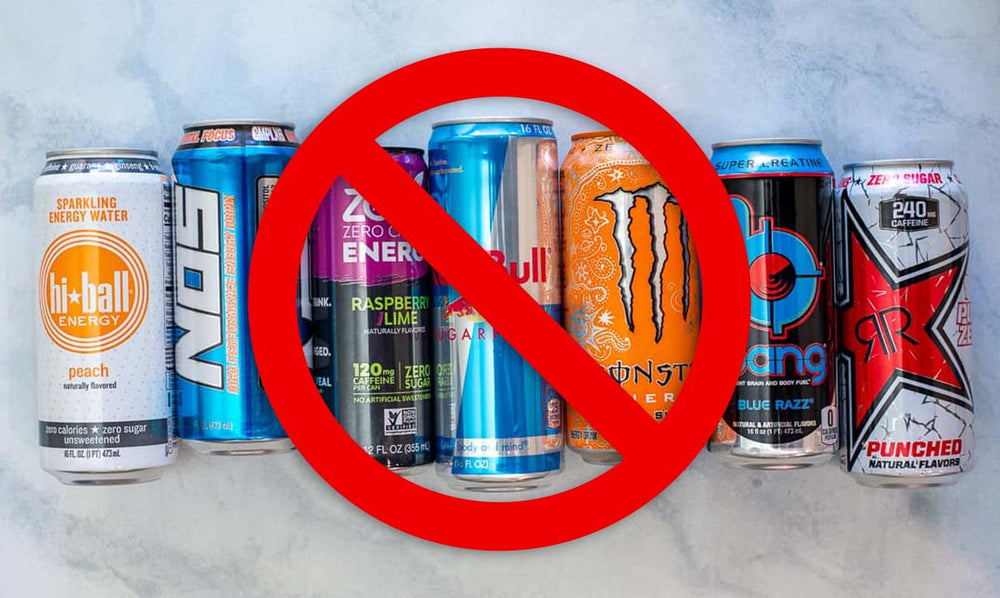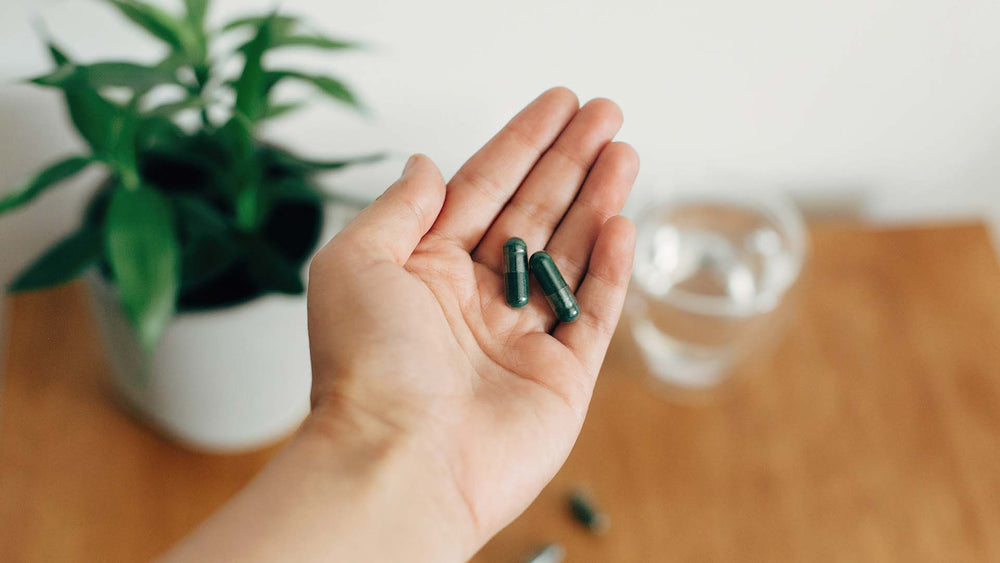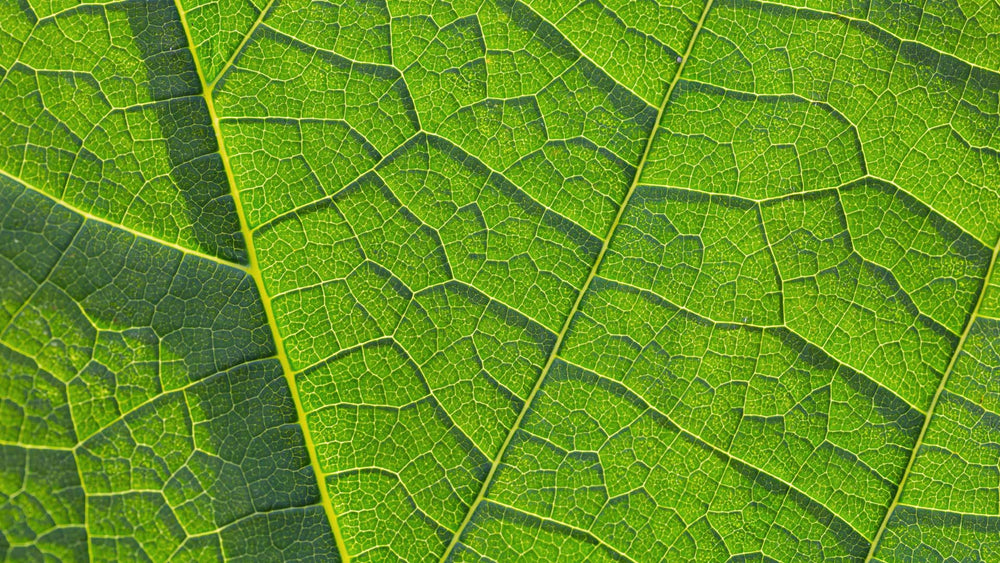Do your friends tell you that you need to chill out more? Do they tell you you’re old and frumpy looking? Do they say how you have worse ADD than you 6 year-old? How about that you act like a crazy person that also has a secret crazy person basement? If you answered yes to one or more of these questions, then you obviously need better friends. If you think your friends are great and are now mad that I am insulting your friends and your on-occasion-craziness then I’m sorry. But on a serious note, you could be experiencing these things because you need some ginseng in your life; that doesn’t sound so bad does it?
The hip, new trend these days is for people to turn to pills to help them feel good, concentrate better, relieve stress, and look younger. So since everyone’s doing it you should too, right? WRONG. This would be fine except that the majority of these “wonder drugs” are full of substances that have little to no nutritional value in them. Luckily, nature has your back in this by creating a natural alternative to wonder drugs: Ginseng. No, this is not in the same family as a Gin and Tonic or a Gin and Sprite. And no, I am absolutely not telling you to turn to alcohol in times like these, it’ll make your situation worse, I promise. Ginseng is actually a plant. More specifically it is the root part of one species in the perennial plants group. This plant has been used in Traditional Chinese Medicine for thousands of years because of its miraculous healing and preventative properties. It is even rumored that this is what Mulan used when she was training and fighting in the war, so you know it’s legit because Mulan was a badass.
One of it’s amazing properties is that it is as an adaptogen, and no, this does not mean that it can give you the powers of a chameleon. It does mean, however, that it can regulate your body’s metabolic activities in order to keep a homeostatic balance and avoid damage from environmental factors. Environmental factors can be either physiological (aging) or psychological (anxiety). In order for a supplement to be considered an adaptogen it must produce a normalizing effect such as increasing how well an organism can adapt to certain environments and preventing any disturbances that may be brought on by those stressors. This also means that the product has a wide range of therapeutic properties, but does not cause any serious side effects. So basically, ginseng is super excellent thing to use and won’t make you crazy or sick! Ginseng can also be used to help set the mood (if you know what I mean), as a nourishing stimulant, and in treatment plans for those with chronic diseases.
So now that you know what all the hype is about, you probably want to know what good it’ll do for you. Various studies and clinical trials have found that Ginseng can help to relieve stress and anxiety, boost your mood, improve memory and focus, and lengthen mental endurance. A study conducted in 1995 on the effects of ginseng on age-associated memory impairment (AAMI) had subjects between the ages of 51 and 65 and gave them either ginseng supplement or a placebo. Their memory was then measured using various IQ and memory tests. The ginseng supplement significantly helped the subjects those subjects improve the symptoms of AAMI, along with their overall mood and well-being.
Another study in 2001 by the Mayo Clinic in Minnesota revealed that 72% of herbal users in the Minneapolis/St. Paul area took ginseng to not only improve their overall well-being, but to improve their mood and mental capacities as well. Now don’t get all psyched and think that if you start taking ginseng you are going the next Albert Einstein – I mean, it may happen, I don’t know you, so you could– but it can definitely help you reach full mental capabilities so you can be the smartest kid in your class or pitch the best new ideas at the next corporate meeting.
Remember how your friends said you looked old and gross and said you should probably have a full body-lift? Well this is where you can shove it back in their face! Ginseng is also known for its anti-aging properties. Scientists at the Beijing Institute of Geriatrics concluded that one of the molecules in ginseng can enhance the function of lymphocytes in the body and almost completely restore them back to normal. The same study found that ginseng contains molecules called saponins, which are secondary metabolic compounds, which can promote protein, RNA, and DNA synthesis in various tissues and organs in the body including the kidneys, lover, bone marrow, and plasma.
In another study conducted on mice, a ginseng compound was administrated for 13 consecutive months from 2 months of age. The compound prolonged the life of the mice and prevented signs of aging significantly. Another anti-aging property of ginseng is also its anti-cancer properties. In a recent study, Korean researchers found that people regularly take a ginseng supplements have a dramatically reduced risk for cancer. Yay! Taking ginseng = lower risk for getting cancer. You can’t tell me that you aren’t already thinking about all the wonderful things ginseng can do for you.
But, if that’s not enough, let me throw some more statistics at you. Type 2 diabetes is one of the top prevalent diseases in the United States. This disease is the leading case of kidney failure, neuropathy, and new cases of blindness among adults, as well as being a major cause for heart disease and stroke. In numerous studies, ginseng has been found to help regulate blood glucose levels and blood pressure in type two diabetics; little to no control of these factors are the reason why so many diabetics end up with complications. A May 2002 study concluded that mice that developed diabetes and took a ginseng supplement regularly had a more normalized blood glucose level, improved insulin sensitivity, a lowered cholesterol level by 30%, and lost over 10% of their body weight compared to mice that were not treated with ginseng. Another study conducted by the University of Oulu, Finland, found that type 2 diabetics who added 200mg of ginseng to their regimen had a lower A1c, more energy for exercise, ate less, and improved their overall well-being and obesity rates.
Sounds pretty amazing, huh? You want to know what’s even more amazing? You can find ginseng in our WheatgrassLove products! Double yay! Wait, wait, wait - why should you buy our products instead of going to the nearest health foods store and buying a ginseng supplement, you ask? Well that’s easy to answer: it’s because all our products have lots of other really great stuff in them too like L-Taurine, Choline, Wheatgrass, Gingko Biloba, B-Complex and so many other awesome things that make you feel so good you aren’t even going to care what’s in it! The ginseng supplement you buy from the store solely has ginseng, and frankly, that isn’t enough for me. Or you. Or any other living, breathing, human being. You need more good stuff! So instead of becoming a ridiculous pill-popping animal and filling your body with unnecessary chemicals, you can live the way were created to and give your body all the nutrients it needs to become a Ferrari instead of a 1945 Volkswagen. So what are you waiting for? Go buy the stuff, now. Stop reading this and go get on track to being the healthiest you’ve ever been and show those friends of yours that they’re frumpy and crazy! Seriously, go. NOW!
References:
Neri M, Andermarcher E, Pradelli JM, Salvioli G. (1995) Influence of a double blind
pharmacological trial on two domains of well-being in subjects with age associated memory impairment. Archives of Gerontology and Geriatrics, 21, 241–252.
Harnack LJ, Rydell SA, Stang J. (2001) Prevalence of use of herbal products by adults in the
Minneapolis/St. Paul, Minn, metropolitan area. Mayo Clinic Proceedings, 76, 688–694.
Sotaniemi EA, Haapakoski E, Rautio A. (1995) Ginseng therapy in non-insulin-dependant
diabetic patients. Diabetes Care, 18, 1373–1375.
Liu J., Wang S., Liu H., Nan G. (1995). Stimulatory effect of saponin from Panax ginseng on
immune function of lymphocytes in the elderly. Mechanisms of Aging & Development, 83 (1) 43-53.
Zhang Y., Takashina K., Saito H., Nishiyama N. (1994). Anti-aging effect of DX-9386 in
senescence accelerated mouse.
Stancheva SLS., Alova LG. (1993). Ginsenoside Rg-1 inhibits the brain cAMP phosphodiesterase
activity in young and aged rats. General Pharmacology, 24(6) 1459-1462.
http://www.hippocratesinst.org/archives/116-nutrition/509-herbs-for-happier-emotions-and
brighter-brains
http://onlinelibrary.wiley.com/doi/10.1046/j.1365-2710.2003.00467.x/full
http://www.cdc.gov/diabetes/pubs/pdf/ndfs_2011.pdf
http://www.vanderbilt.edu/AnS/psychology/health_psychology/ginseng.htm
http://www.worldhealth.net/news/ginseng/
Ginseng

Natural supplements for healthy living.





